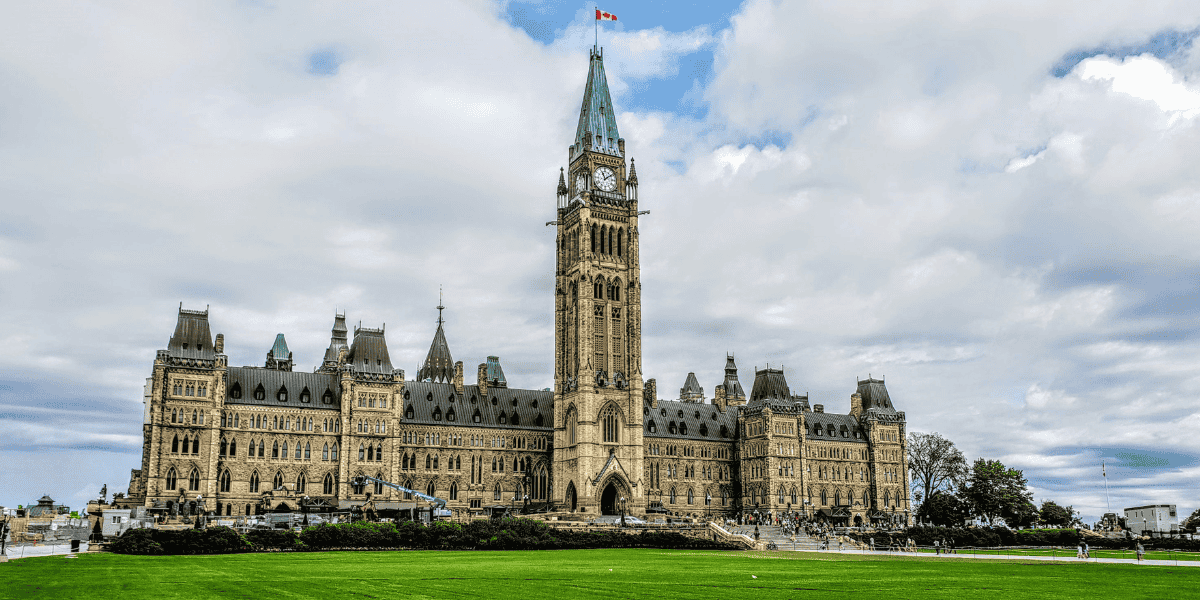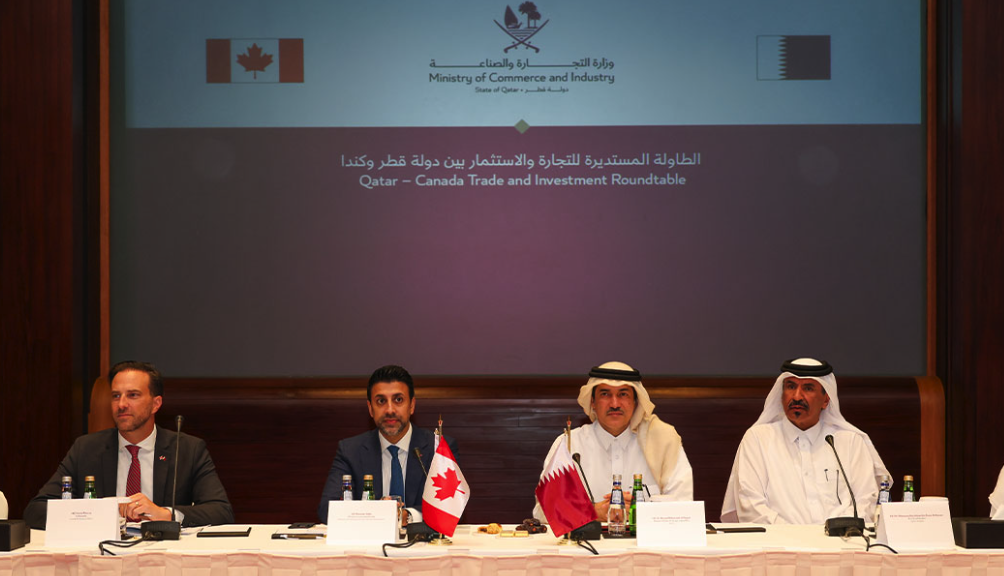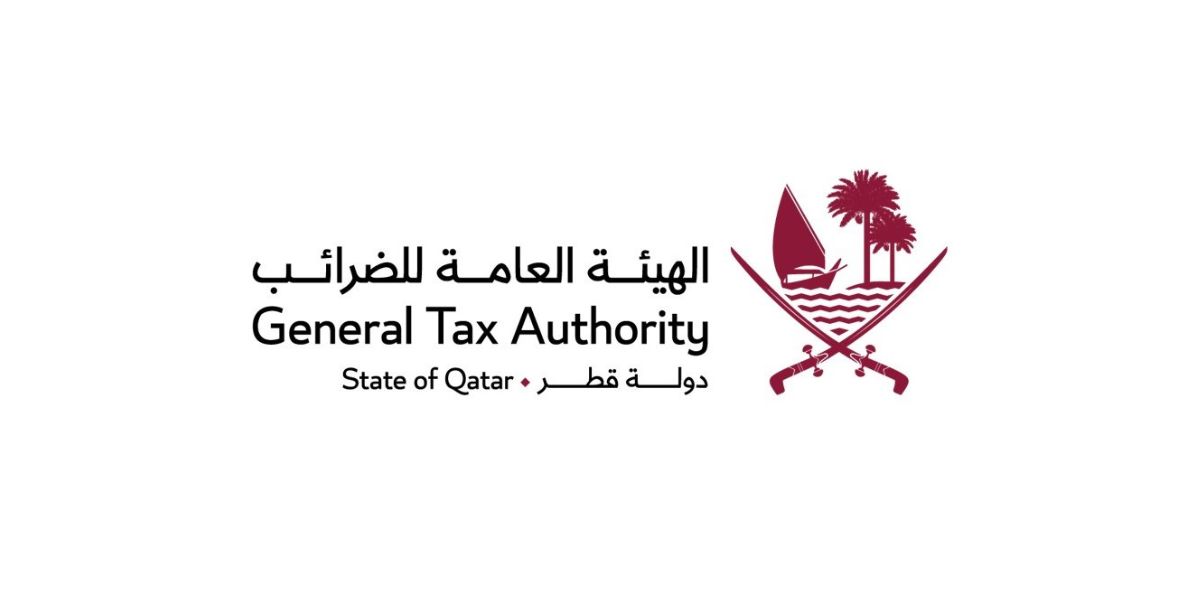On 2 February 2023, Qatar published Law No.11 of 2022 amending several provisions of the Income Tax Law No. 24 of 2018 in the official Gazette. The effective date of the amendments is also 2 February 2023. The amendments are generally effective from the date it was published. The primary objective of these amendments is to bring Qatar’s corporate income tax regime in line with the recent international tax reforms, particularly the OECD’s BEPS Pillar 2 proposals. The key changes are summarized below:
Global Minimum Tax
As a member of the inclusive framework on base erosion and profit shifting (BEPS), the amendments aimed at Qatar’s commitment to introduce Global Minimum Tax rate of 15%. Measures are expected to be introduced to achieve a minimum tax rate of 15% on certain entities, which will be further clarified in the changes to the Executive Regulations.
Scope of income tax
The amendments outlined various types of income generated outside Qatar that will now be subject to income tax in Qatar. Additionally, Qatari projects that provide a range of services outside of Qatar will also be subject to income tax in Qatar. This broadening of the scope of income tax is expected to bring a wider range of foreign income into Qatar’s tax net.
Tax exemption
As per Article 2 of Law No. 24 of 2018, certain persons and income were excluded from the scope of Income Tax Law. The new Law No. 11 of 2022 have brought such persons within the scope of the Tax Law as exempt entities based on Article No. 4 of the Tax Law. Accordingly, these persons shall now be considered as within the scope of the Tax Law as tax-exempt entities and comply to tax requirements such as tax registration, filing of tax returns, etc.
The following persons and income earned abroad will be exempt from income tax in Qatar:
- Income of private organizations and institutions, charitable private organizations and associations, as well as privately owned public interest institutions;
- Capital gain of a Qatari project derived from the sale of shares, interests and other foreign rights, movable and immovable properties of a PE abroad;
- Directors’ fees earned by a Qatari project from a company residing abroad; and
- Income of a Qatari project earned through the activities of the foreign PE, provided that such income is subject to tax abroad.
New definitions
The amendments have introduced numerous new definitions and amended definitions such as “person”, “business”, “permanent establishment”, “actual place of administration”, “foreign tax”, “perfect competition”, “technical fees”, “dividends”, “interest”, “project”, “Qatari project”, “foreign project”, “immovable properties”, etc.
Reporting obligations
The amendments introduced additional requirements related to economic substance regulations, ultimate beneficial ownership, and requirements arising from the digital economy. Failure to meet the “substance” tests subject to a penalty of 15% of net income.
Anti-avoidance Rules
According to the tax law, the tax authorities had the power to counteract any artificial arrangements carried out with an intention to evading tax payment through the application of one or more of three measures such as applying the arm’s length principle, recharacterizing arrangements where the form was not in line with the substance, or adjusting the amount of tax due. The amendments have now removed the arm’s length measure while maintaining the other two, which may result in potential discretionary adjustments by the GTA.
















